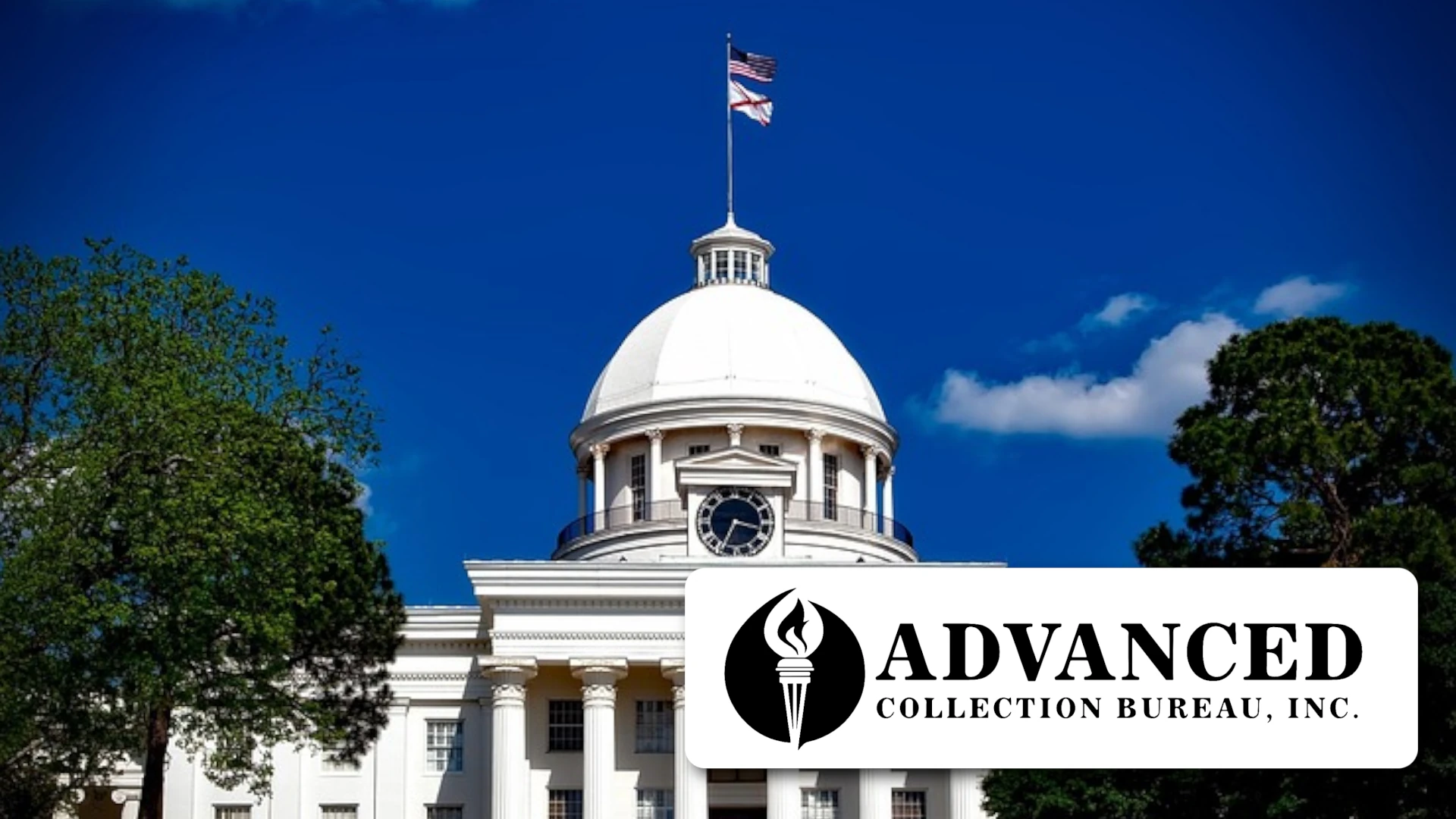If you're a business owner, property manager, or healthcare provider collecting debt from consumers in California, understanding the California Fair Debt Collection Practices Act (CFDCPA) is critical. Not only does it shape how you can engage with debtors, but it also adds another layer of regulation beyond the federal Fair Debt Collection Practices Act (FDCPA).
California’s law is known for being particularly consumer-friendly, and failure to comply can expose your business to legal risks and reputational damage. Let’s break down what the CFDCPA includes, how it differs from the federal version, and how to stay compliant while still recovering what’s owed.
What Is the California Fair Debt Collection Practices Act?
The California Fair Debt Collection Practices Act is the state's version of the FDCPA, designed to protect consumers from abusive or misleading debt collection tactics. But unlike the federal FDCPA, which primarily applies to third-party debt collectors, California extends its rules to original creditors and in-house collectors.
This means that even if your business isn't outsourcing collections, you're still bound by the CFDCPA when dealing with California consumers.
The law outlines what collectors can and cannot do, sets rules for communication frequency and content, and provides consumers with avenues for dispute and redress.
For a national overview of consumer protections, check out Fair Debt Collection Practices Act PDF Download.
Key Protections for California Consumers
California's law reinforces federal standards but also includes its own protections:
Expanded Definition of Debt Collector: In California, original creditors are treated like third-party collectors under the law. If you're trying to collect directly, you must still comply.
Increased Transparency: The law requires specific disclosures in collection letters and during initial contact, including the debtor's right to request verification of the debt.
Time-of-Day Restrictions: Contacting a debtor outside of reasonable hours—typically before 8 a.m. or after 9 p.m.—is prohibited unless otherwise agreed.
Prohibited Practices: California forbids harassment, threats, use of obscene language, or contacting consumers at work if they’ve asked you not to.
Dispute Rights: Debtors can dispute the debt in writing within 30 days, and collectors must pause further action until verification is provided.
For more information on how these rules play out nationally, visit Fair Debt Collection Act: Your Rights Explained.
Why Compliance Matters for Your Business
Fines, lawsuits, and public backlash are real risks for businesses that fail to comply with California's strict regulations. But it’s not just about avoiding penalties. Consumers are more likely to pay when they feel respected and when processes are clearly explained.
At ACB, we take pride in operating with transparency and empathy, helping businesses recover what they’re owed while treating every consumer with dignity.
We explore this compassionate approach in The Role of Empathy in Effective Debt Collection.
How ACB Ensures Compliance in California
Advanced Collection Bureau operates under a strict compliance framework that aligns with both federal and California-specific laws. Here's how we protect your business:
- We provide all required consumer disclosures clearly and on time.
- Our agents are trained to follow all communication and dispute protocols.
- We document every step of the collection process to ensure transparency.
- We avoid aggressive tactics, favoring a results-driven, respectful approach.
We’ve also developed internal systems to track communication history, time-of-day restrictions, and dispute statuses so no account falls through the cracks.
For deeper insight into multi-state compliance, see Debt Collection State Laws: A Breakdown of Regulations Across the U.S.
What Businesses Need to Do
If you're collecting from California consumers, here are a few tips:
- Review your internal policies and scripts to ensure they comply with the CFDCPA.
- Train staff regularly, especially those involved in billing or customer service.
- Consider partnering with a professional agency like ACB that already meets these legal standards.
- Stay current with legal updates. California frequently revises consumer protection laws, so what was compliant last year may not be today.
Conclusion: Navigating California’s Collection Landscape
The California Fair Debt Collection Practices Act demands more from businesses—but it also creates a framework for ethical, effective debt recovery. When followed properly, these rules can enhance your reputation and lead to higher recovery rates.
At Advanced Collection Bureau, we’ve built our business around compliance, communication, and client success. Whether you’re new to collections in California or looking to improve your current process, we’re ready to help you recover revenue without risking violations.
Get started with a debt collection agency that puts professionalism first. Work with ACB today.














